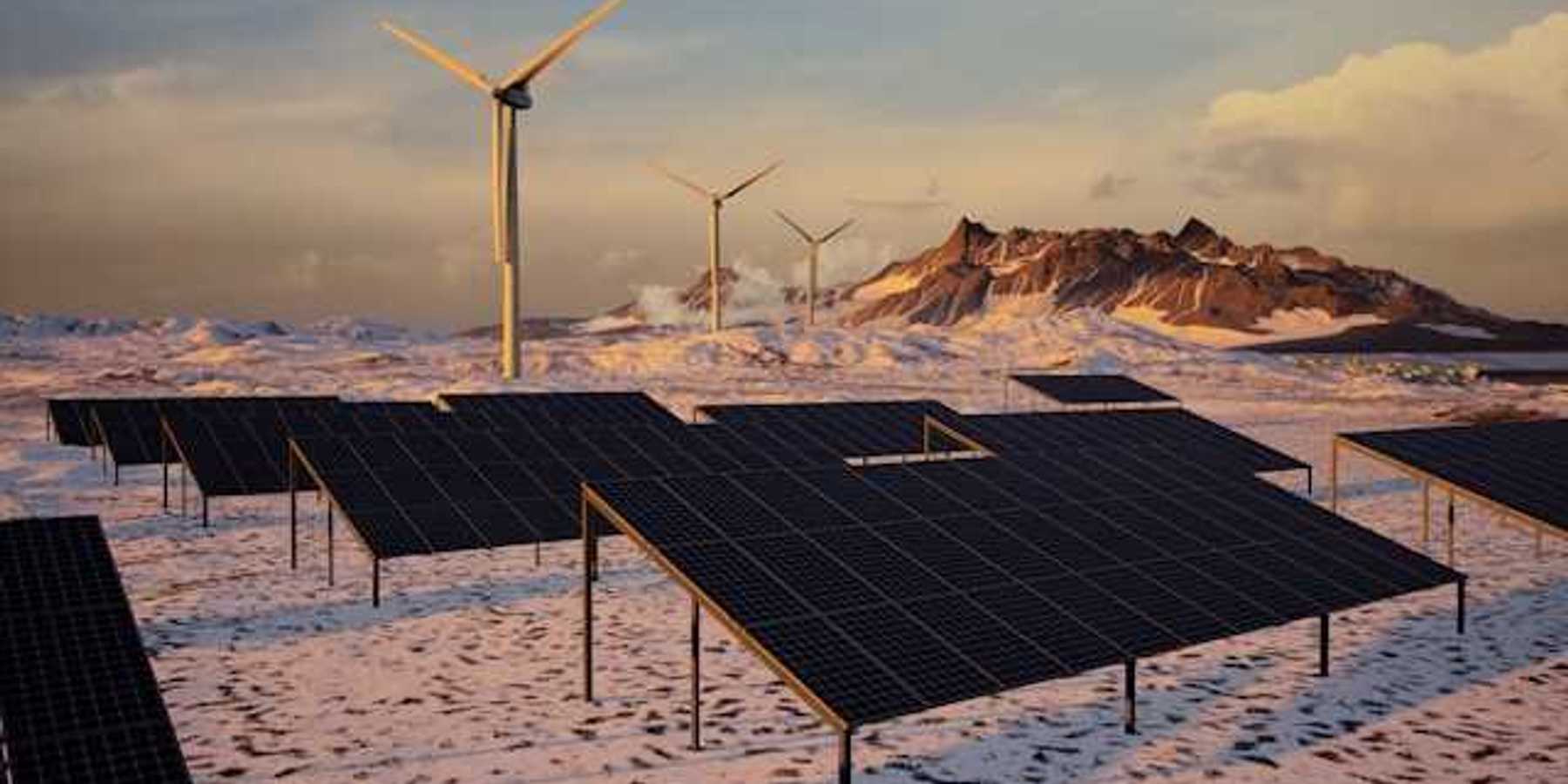Recycling old batteries could ease pressure on mining for clean energy minerals
As demand for lithium, cobalt, and other battery metals surges, U.S. companies are racing to recycle old batteries, but a limited supply and policy gaps are slowing progress.
In short:
- Redwood Materials, the U.S.'s largest battery recycler, processes about 75% of the country's lithium-ion batteries and recovers up to 95% of critical minerals from old devices.
- Recycling alone won't meet demand soon; most recycled material currently comes from factory scrap, and only a small share of used batteries — especially from household electronics — are properly recycled.
- The Biden-era Inflation Reduction Act spurred major investment in domestic battery recycling, but upcoming decisions by President Trump and Congress could reshape the industry’s future.
Key quote:
“Collection is definitely the biggest challenge. It's really a question of how you get consumers to clean out their junk drawers.”
— Alexis Georgeson, vice president of government relations and policy at Redwood Materials
Why this matters:
The rush to electrify everything — from cars to home appliances — is intensifying demand for batteries, and with it, the metals like lithium, cobalt, and nickel that power them. But extracting these minerals is far from clean. In places like Chile’s Atacama Desert, lithium mining consumes immense volumes of water, threatening fragile ecosystems and indigenous livelihoods. In the Democratic Republic of the Congo, cobalt mining has been linked to child labor and dangerous working conditions.
While recycling batteries offers a partial fix, the U.S. still lacks a cohesive system for collecting and processing used cells, leading to both environmental hazards and lost economic opportunity. Tossed into household waste, lithium-ion batteries are fueling a spike in fires at landfills and recycling centers nationwide. At the same time, America's patchy recycling infrastructure leaves it reliant on global supply chains — particularly China, which dominates battery materials processing. Without a more robust domestic loop to reclaim metals already in circulation, the promise of a clean energy future could come at a cost. As battery use soars, how and where we recover these metals will shape not just the climate trajectory, but also the ethical and environmental footprint of the technologies we’re betting on.
Learn more: California's ongoing challenge with recycling lead car batteries













